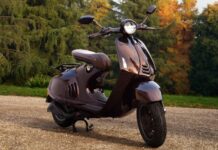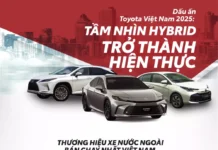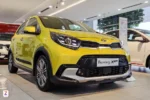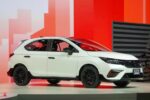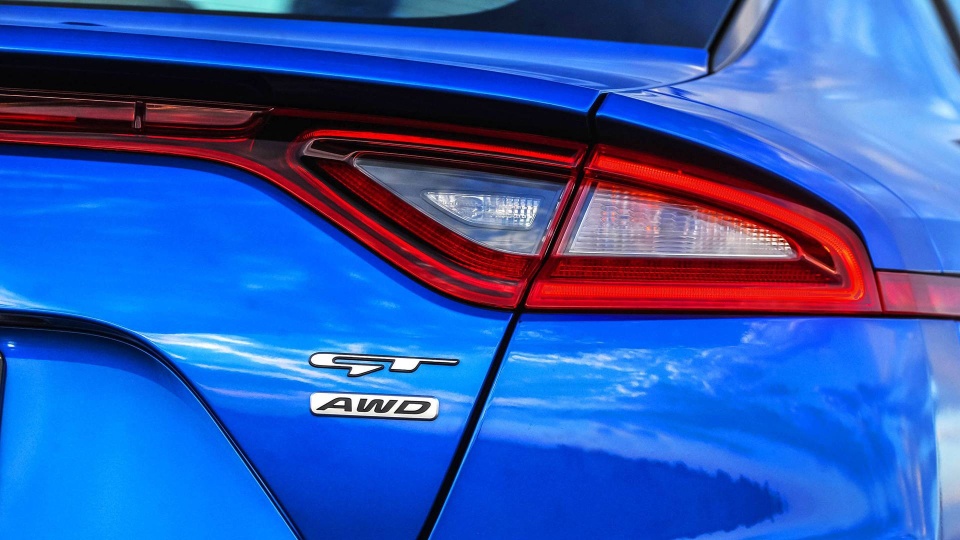
|
According to Motor1, Kia is the latest automaker to announce that its future sports models will be equipped with electric powertrains to comply with stricter emissions regulations.
Speaking to Carsales, Kia Australia’s Product Planning Manager Roland Rivero stated that automakers have no choice but to “meet global demands and increasingly stringent CO2 regulations worldwide.”
For Kia, the GT badge will continue to adorn future electric vehicles, starting with the upcoming Kia EV4.
Rivero expressed optimism about catering to sports car enthusiasts even in the era of electrification.
“There’s no reason an electrified product can’t deliver a similar experience to high-performance internal combustion engine vehicles,” he remarked.
However, a sports car like the Kia Stinger GT with a V6 engine will no longer be produced. Instead, the GT badge has already appeared on electric models such as the EV9 and EV6 GT.
|
|
Recently, the Kia EV6 GT received an upgrade, adding simulated gear shifts and engine sounds—features Rivero refers to as “computer technology” to replicate the experience of internal combustion sports cars.
According to Motor1, while Hyundai’s N division may have discontinued high-performance models like the i20 N, i30 N, Kona N, and Veloster N, it is not ready to abandon internal combustion engines entirely.
Hyundai continues to sell the Elantra N and has committed to launching a next-generation model with a larger displacement engine. Earlier this year, Hyundai N co-founder Joonwoo Park hinted that hybrid powertrains could help sustain internal combustion sports cars bearing the N badge.
|
|
As Motor1 notes, any high-performance hybrid or electric vehicle comes with added weight. This is especially true for high-performance electric vehicles, but it appears to be a trade-off automakers are willing to accept. Meanwhile, Hyundai and Kia seem to be focusing on SUVs, which Motor1 argues only exacerbates the situation.
However, this is the reality. Customers want SUVs, and governments want automakers to reduce fleet emissions. In response, Hyundai Group brands are producing more electric SUVs, with some upgraded to wear the GT and N badges, once exclusive to internal combustion models.
Great Books to Read on the Road
Our Automotive section brings you captivating book recommendations across various genres. Whether you’re on a long drive or taking a break, these books make for the perfect travel companions.



